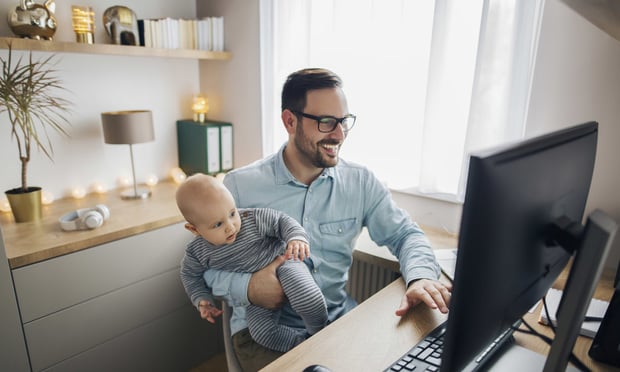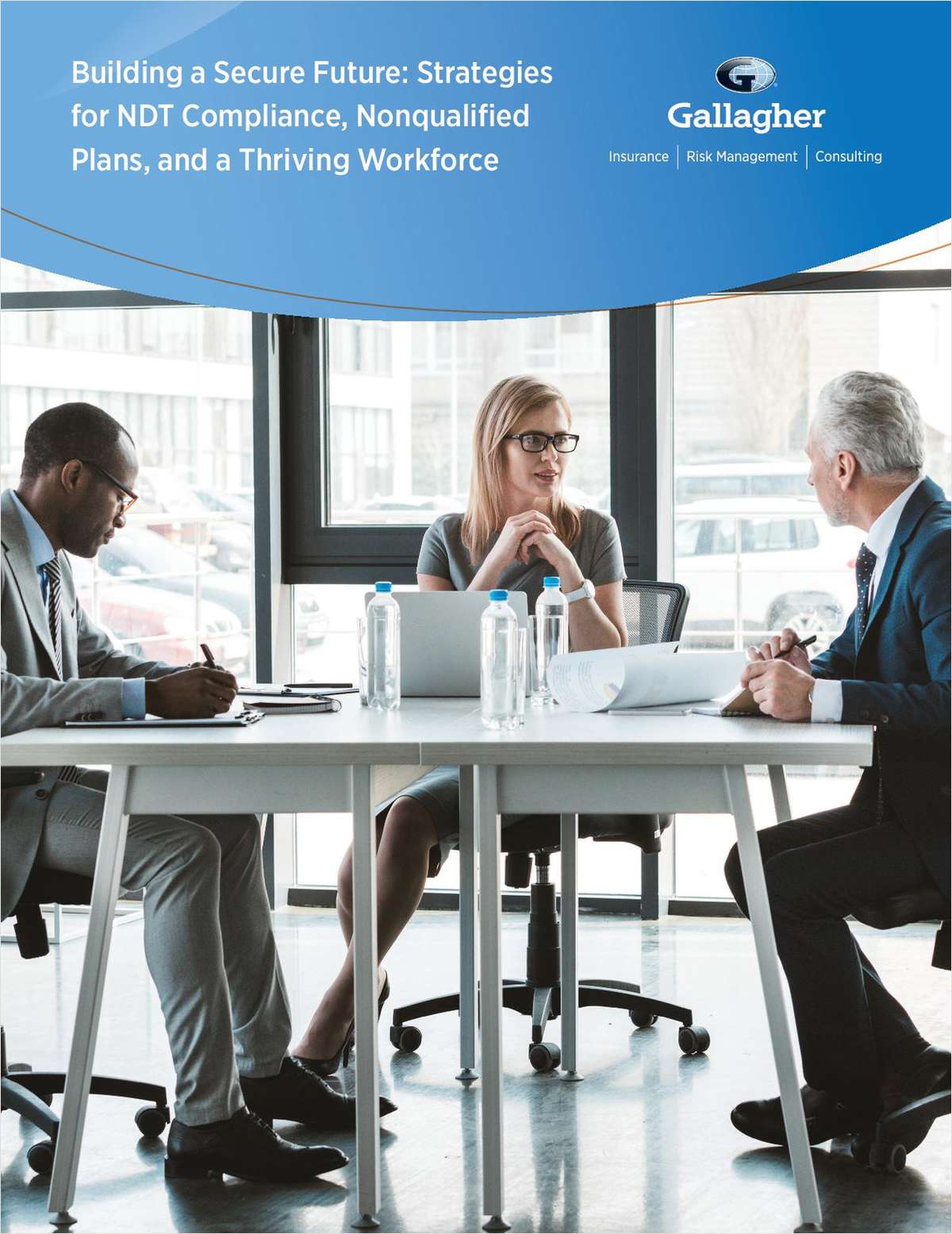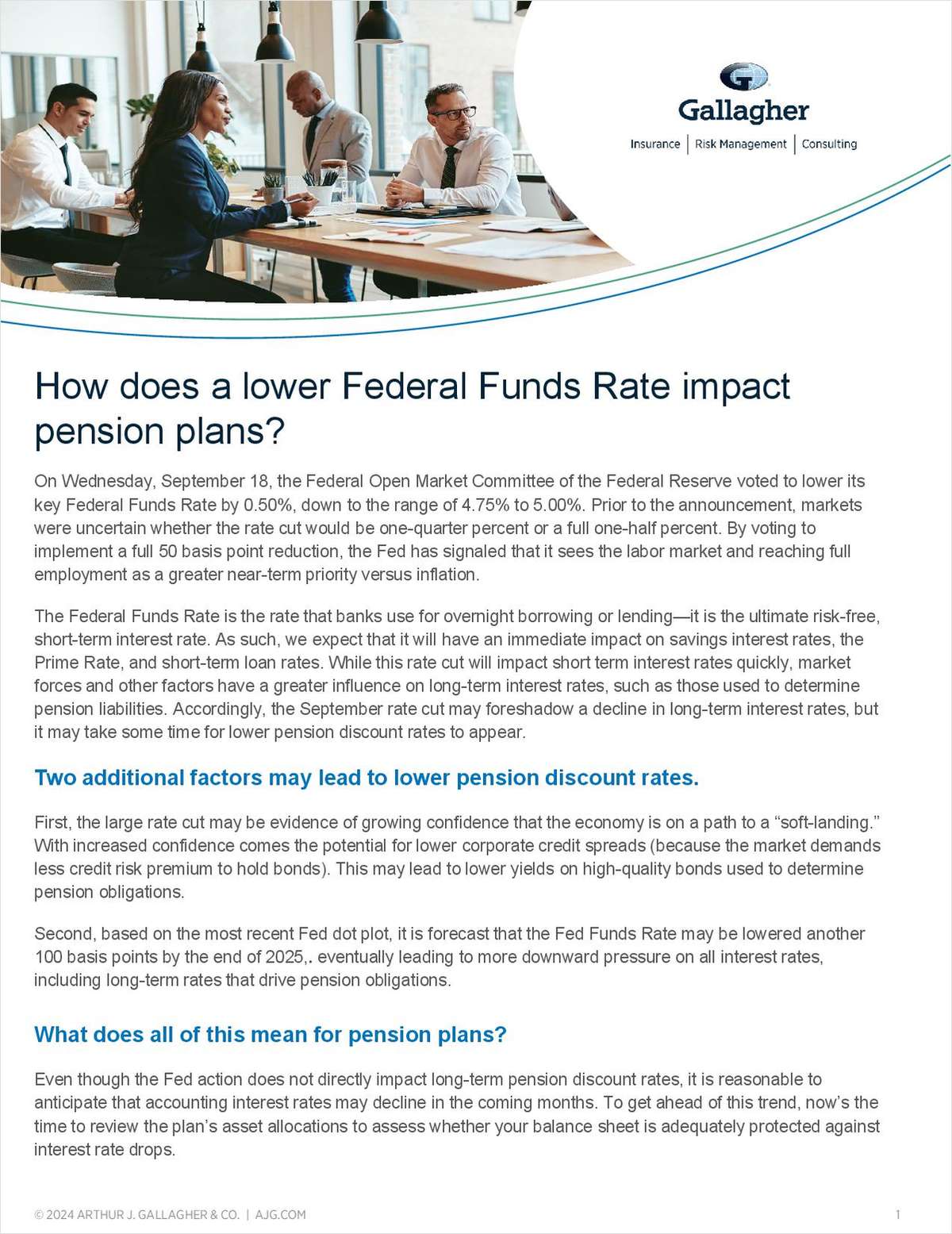If there's any upside to the increase in remote work due to the COVID-19 pandemic, it may very well be the loss of the commute. "I'm spending so much less time in a car," marveled Ed Ligonde, Nielsen Benefits group vice president of employee benefits and technology, during a BenefitsPRO Broker Expo session last month. "I can't tell you how many times I'm driving or flying from one location to another just last year alone, and the time lost in connecting with employees and clients and bringing strategy just because you're in a plane or in a car is exponential. Now I can log off one meeting and go directly into another, or take that walk and be able to think for a moment." Related: Working from home means skipping the commute—and the shower Ligonde's not alone: A new study from CoPilot reveals just how much time several cities in the U.S. are getting back from not having to travel to and from work. Americans spent an average of 4.5 hours per week on their commute in 2018, according to the U.S. Census Bureau. The average travel time to work was 27.1 minutes, up from 25.3 minutes in 2010. That amounted to 18 extra minutes a week, or 16 hours a year. Workers with longer car commutes were also likelier to suffer from physical ailments such as back pain and obesity, as well as higher reported levels of stress, according to workplace research from Gallup. There are economic costs, too. The Texas A&M Transportation Institute released a report in 2019 that revealed the average American commuter spends almost seven full working days per year in traffic delays, running up over $1,000 in personal costs. While the pandemic has seen the rise of remote work, not every worker in the country is gaining back time at the same levels. The CoPilot study shows that workers in coastal states like New York, California, and Maryland are regaining the most time, while central states like Wyoming, South Dakota, and North Dakota are not saving as much. See our slideshow above for the top 10 large cities getting the most time back from their commutes, and click here for the full study. Read more: |
Complete your profile to continue reading and get FREE access to BenefitsPRO, part of your ALM digital membership.
Your access to unlimited BenefitsPRO content isn’t changing.
Once you are an ALM digital member, you’ll receive:
- Breaking benefits news and analysis, on-site and via our newsletters and custom alerts
- Educational webcasts, white papers, and ebooks from industry thought leaders
- Critical converage of the property casualty insurance and financial advisory markets on our other ALM sites, PropertyCasualty360 and ThinkAdvisor
Already have an account? Sign In Now
© 2024 ALM Global, LLC, All Rights Reserved. Request academic re-use from www.copyright.com. All other uses, submit a request to [email protected]. For more information visit Asset & Logo Licensing.








